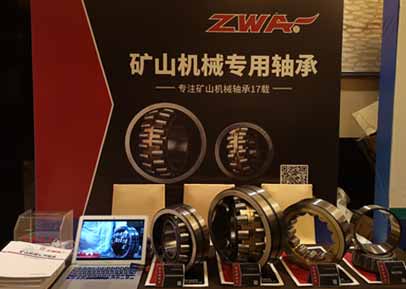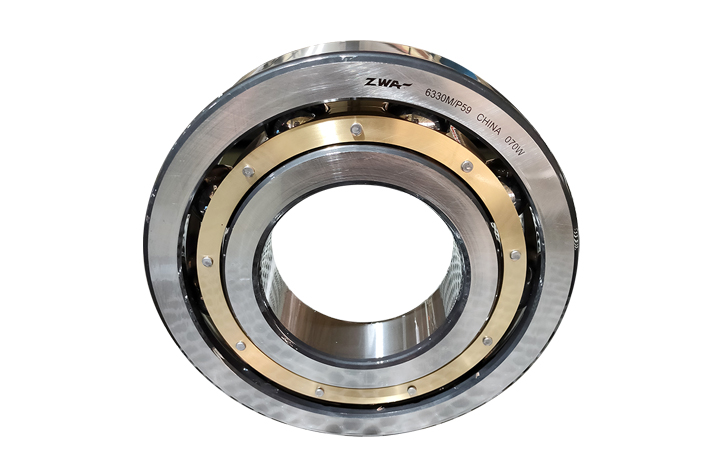
There are three types of bearing noise caused by bearing application problems: the scar sound, the dust sound and lubrication factors, which are described as follows:
A noise like riveting rivets will occur when the rolling surface of different types of ball bearings have cracks, indentations or rusts, periodic vibration, its period may be fixed but mostly corresponds to the rotational speed. The scar will occur continuously in the channel, and it will appear and disappear on the steel ball. And the noise will change with the installation and lubrication conditions. The control methods of this kind of bearing noise include: Please do not knock the bearing during installation and prevent the bearing from being installed obliquely when the bearing is assembled with the shaft and then install in the bearing seat. In addition, please prevent bearing corrosion during storage and prevent shock and vibration during transportation. Besides, please use high-viscosity grease.
The rolling bearing dust and other foreign matter will occur non-periodic vibration and so-called dust sound, its vibration and noise size are uncertain and may not exist. The control methods of the dust sound include: Improve the cleaning method of bearings and clean the bearings, shafts, seat holes and matching parts strictly before installation. Remove foreign matter in the lubricant. Moreover, improve the bearing seal and avoid plastic retainers with impure materials or embedded foreign matter.
Incorrect selection of lubricant, insufficient lubricant or aging and hardening can cause vibration and noise in the bearing, and the noise has no rules. In this case, please select the appropriate lubricant, adjust its dose, prolong its service life and determine the replacement period reasonably.

